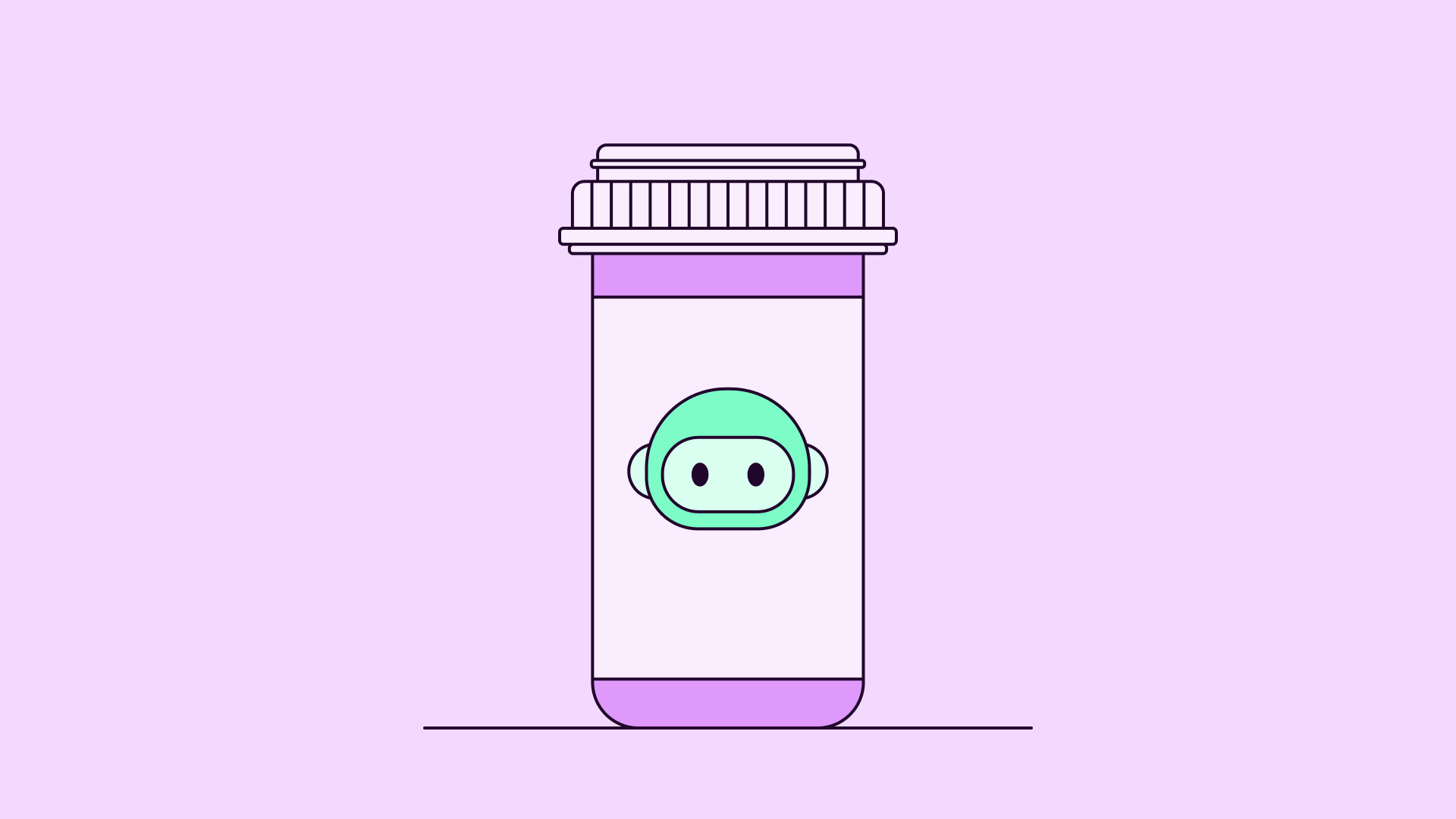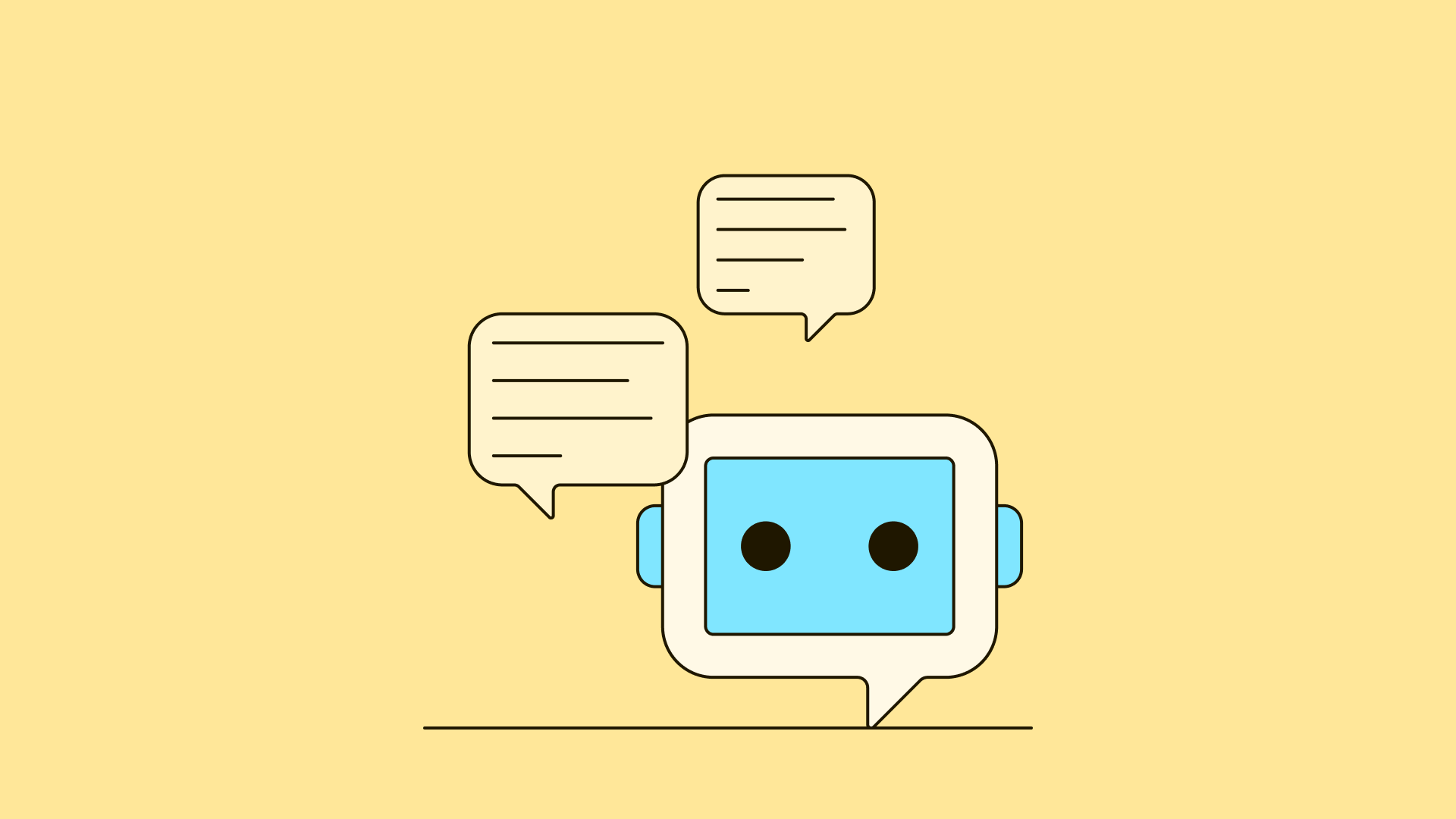
AI in Healthcare
3 min read
How is AI Used in Healthcare? 5 Exciting AI Applications in Healthcare
Summary
Your Competitors Are Embracing AI – Are You Falling Behind?
Artificial intelligence (AI) is rapidly becoming a transformative force within the healthcare industry, reshaping how care is delivered and experienced.
By integrating AI applications, healthcare providers can improve diagnostic accuracy, enhance treatment effectiveness, and streamline administrative operations.
The industry is witnessing AI's ability to not only facilitate early disease detection but also to tailor patient care plans and manage large volumes of data efficiently.
In this article, we will explore the varied applications of AI in healthcare, its benefits, and how this technology is carving a future for the medical field.
How Is AI Used in Healthcare Today? TL;DR
- Diagnostic Procedures: AI algorithms enhance image interpretation in radiology, providing more accurate readings and supporting radiologists in diagnosing from X-rays, CT scans, and MRI images.
- Predictive Analytics: Tools predict patient outcomes, support clinical decisions, and forecast hospital admission rates.
- Personalized Medicine: AI tailors treatments to the individual's genetic makeup, improving the efficacy and safety of therapies.
- Operational Efficiency: AI streamlines administrative tasks, saving time and resources. It also predicts patient no-shows and optimizes appointment scheduling.
- Robot-Assisted Surgery: Robots, powered by AI, assist surgeons with precision and control, reducing recovery time.
- Virtual Nursing Assistants: They provide 24/7 answers and support to patients, reducing unnecessary hospital visits.
- Chatbots: These AI systems improve patient engagement and guide through routine inquiries and preliminary diagnostics.
The Growing Role of Artificial Intelligence in Healthcare
Artificial Intelligence (AI) is revolutionizing healthcare through its innovative applications. Its integration into healthcare systems is enhancing the precision of diagnostics, predicting patient outcomes, and personalizing treatment plans.
Diagnostics and Imaging
AI algorithms are trained to analyze medical images with high accuracy. They can detect anomalies in X-rays, MRIs, and CT scans, aiding radiologists in early diagnosis. This improves the speed and accuracy of identifying diseases like cancer.
Predictive Analytics
AI algorithms analyze patient data to predict health outcomes. By evaluating historical data, these systems can forecast disease progression, reducing the incidence of severe conditions through timely interventions.
Treatment Personalization
AI systems help in creating personalized treatment plans by considering a patient’s genetic data, lifestyle, and environmental factors. This approach improves the effectiveness of treatments and reduces adverse effects.
Administrative Efficiency
AI assists in administrative tasks such as scheduling, billing, and maintaining electronic health records (EHRs). This reduces the workload on healthcare staff and ensures more efficient operations.
Telemedicine and Virtual Health Assistants
AI powers chatbots and virtual assistants that provide round-the-clock support to patients. They offer medical advice, reminders for medication, and answers to health-related queries, enhancing patient engagement and adherence to treatment plans.
- Improved Accessibility: AI enhances access to healthcare, especially in remote areas, by supporting telemedicine platforms and providing decision support to healthcare providers.
- Cost Reduction: AI optimizes resource allocation and reduces redundant tests and procedures, leading to significant savings in healthcare costs.
- Enhanced Patient Experience: AI-driven systems streamline patient interactions, making healthcare services more patient-centric and efficient.
AI's growing role in healthcare is transforming patient care by making it more precise, personalized, and efficient.
How is AI being used in healthcare? 5 modern AI applications in healthcare
1. Diagnostic Assistance
Healthcare professionals are utilizing AI systems to analyze complex diagnostic data. A prime example is radiology, where AI assists in accurately interpreting imaging results.
By processing large volumes of images, AI can detect subtle patterns, thereby aiding early disease detection and diagnosis.
2. Treatment Personalization
AI-driven precision medicine tailors treatment to individual genetic profiles.
By analyzing genetic data and clinical records, AI helps clinicians develop patient-specific treatment plans, potentially improving outcomes in conditions like cancer.
3. Predictive Analytics
AI is instrumental in healthcare analytics, employing machine learning (ML) algorithms to predict patient outcomes.
Predictive models forecast patient trajectories, identify high-risk patients, and aid in decision-making, leading to better care management.
4. Operational Efficiency
AI applications optimize healthcare operations by automating administrative tasks, managing patient flow, and reducing wait times.
Intelligent scheduling systems and workflow optimizations lead to enhanced resource allocation.
5. Drug Development
The use of AI accelerates drug discovery and development. Through analyzing biological data, AI algorithms can predict molecule behaviors and identify promising compounds. This reduces the time and cost of bringing new drugs to market.
Final Thoughts on How AI is Used in Healthcare
AI's integration into healthcare marks a pivotal shift in patient care and health management. From enhancing diagnosis accuracy to streamlining treatments, AI-driven technologies are transforming medical practices.
The global AI medical market's growth highlights the increasing reliance on AI technologies within the sector. Trends indicate a continual rise, driven by the expanding amounts of health data and advancing digital technologies.
AI's presence in healthcare fosters a more efficient, tailored, and proactive approach to medical care, setting the stage for future advancements.
Embracing AI's potential while addressing its challenges is crucial for the sustained evolution of healthcare delivery. This balance ensures that innovations not only meet current needs but also set foundations for progressive health solutions.
Unlock 300+ integrations with no hidden fees, bespoke rewards, and dedicated support
Related Articles















